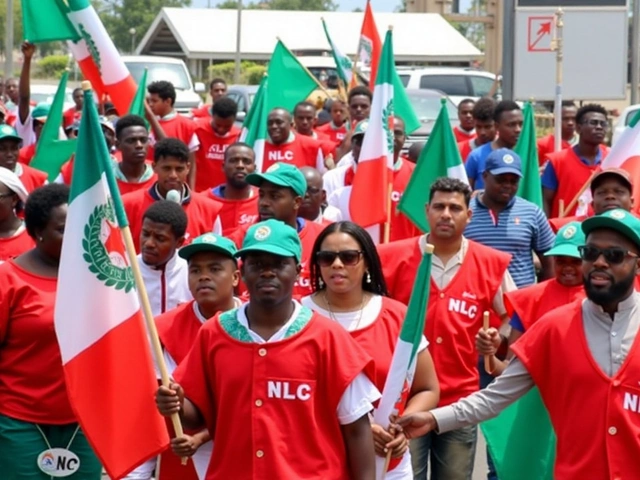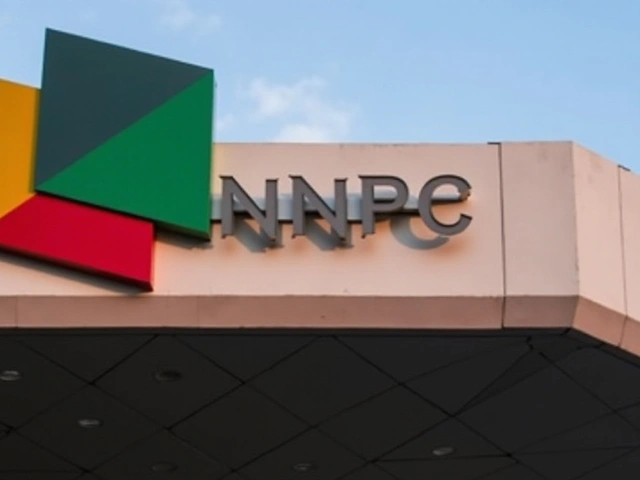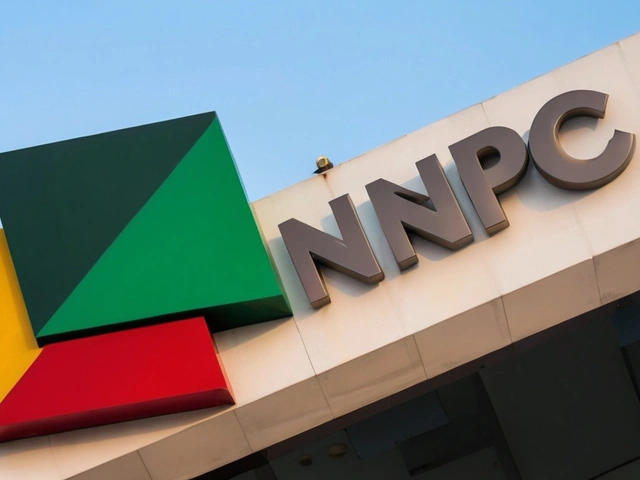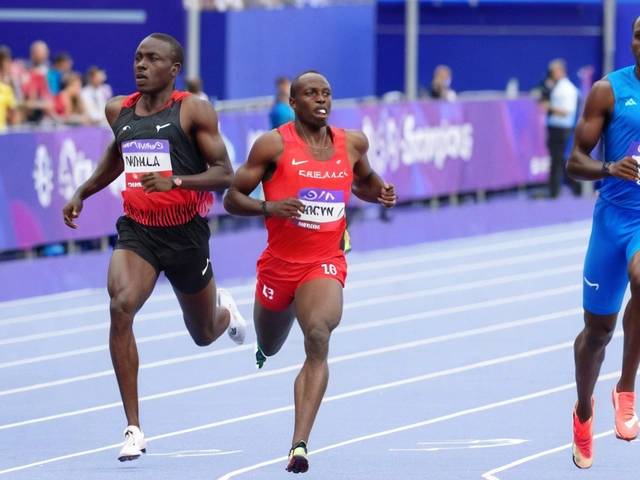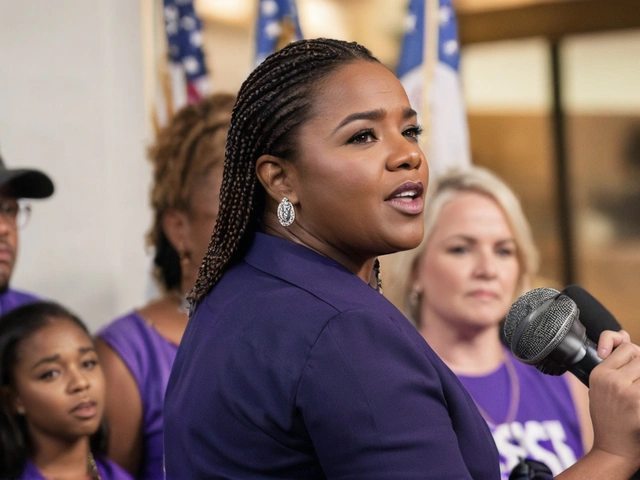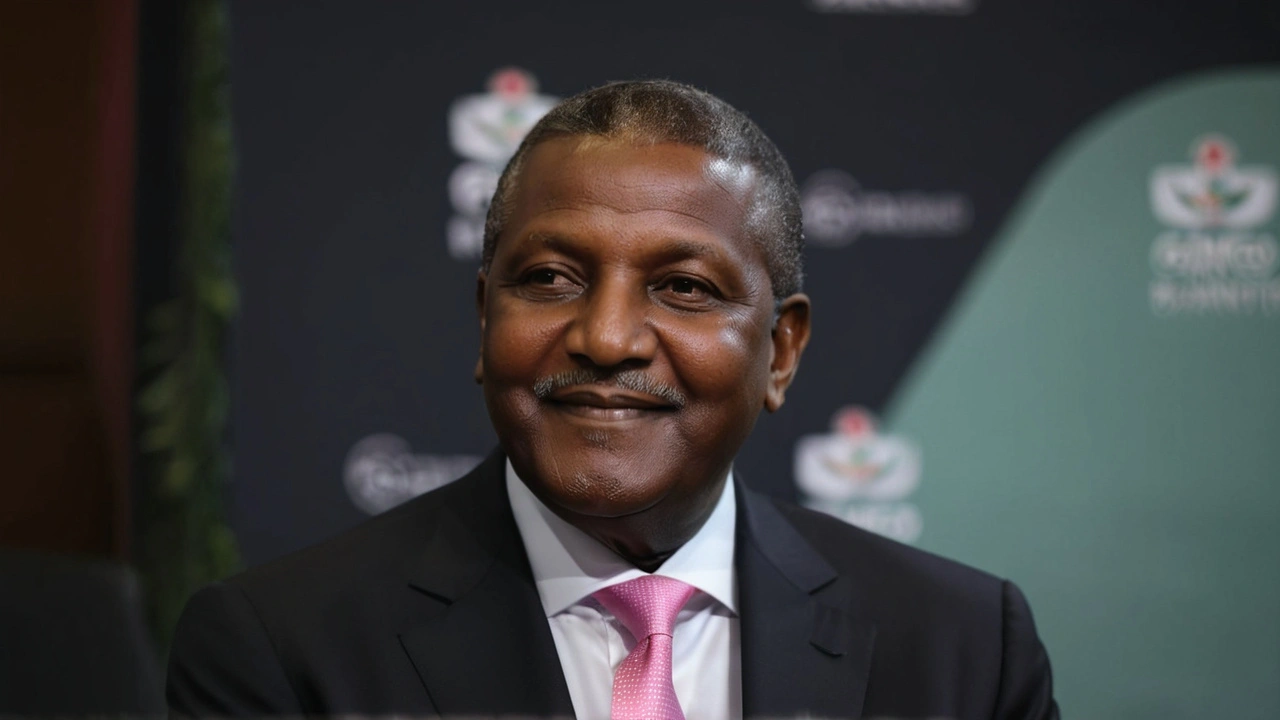
Dangote Offers Refinery Sale to NNPC Amid Monopoly Allegations and Industry Challenges
In a surprising turn of events, Aliko Dangote, Africa’s wealthiest man, has offered to sell his state-of-the-art oil refinery to the Nigerian National Petroleum Corporation Limited (NNPCL). This move comes amidst mounting allegations of monopoly and numerous industry challenges.
Dangote's decision to propose a sale was spurred by difficulties in sourcing crude from international oil companies and accusations from Nigerian regulatory bodies that question the quality of his refinery's products. The refinery began its production in January and is expected to commence supplying petrol by August. However, the path has not been smooth. It has encountered significant hurdles, primarily stemming from Nigerian regulatory authorities who allege that the refinery's diesel products are of inferior quality.
Allegations of Monopoly
One of the core allegations leveled against Dangote is that his refinery could establish a monopoly in the Nigerian petroleum market. Dangote, acutely aware of the implications, has suggested that the NNPCL purchase the refinery to maintain fairness in the market. According to Dangote, the primary objective is to ensure the refinery operates smoothly, producing high-quality products while creating much-needed jobs for Nigerians.
To counter the monopoly argument, Dangote has emphasized the superiority of his refinery’s products. He confidently stated that his diesel has a sulphur content of just 87.6 parts per million (ppm), which is significantly lower than the 1800-2000 ppm found in imported diesel. This assertion directly challenges the claims made by the Nigerian Midstream and Downstream Petroleum Regulatory Authority (NMDPRA), which has adamantly disputed the quality of Dangote’s diesel.
Regulatory Claims and Refutation
The NMDPRA has held its ground firmly, maintaining that the diesel produced by Dangote's refinery does not meet the necessary standards. This point of contention has not only hindered smooth operations but has also stirred public and political debate about the refinery's role in Nigeria's petroleum landscape.
Dangote’s refutation of these claims brings another layer to the industry's troubles. He pointed out the stringent processes his refinery follows and the technology it employs to ensure that its products meet and even exceed global standards. The debate highlights a broader struggle within the Nigerian oil sector, where regulatory standards and business operations often find themselves at odds.
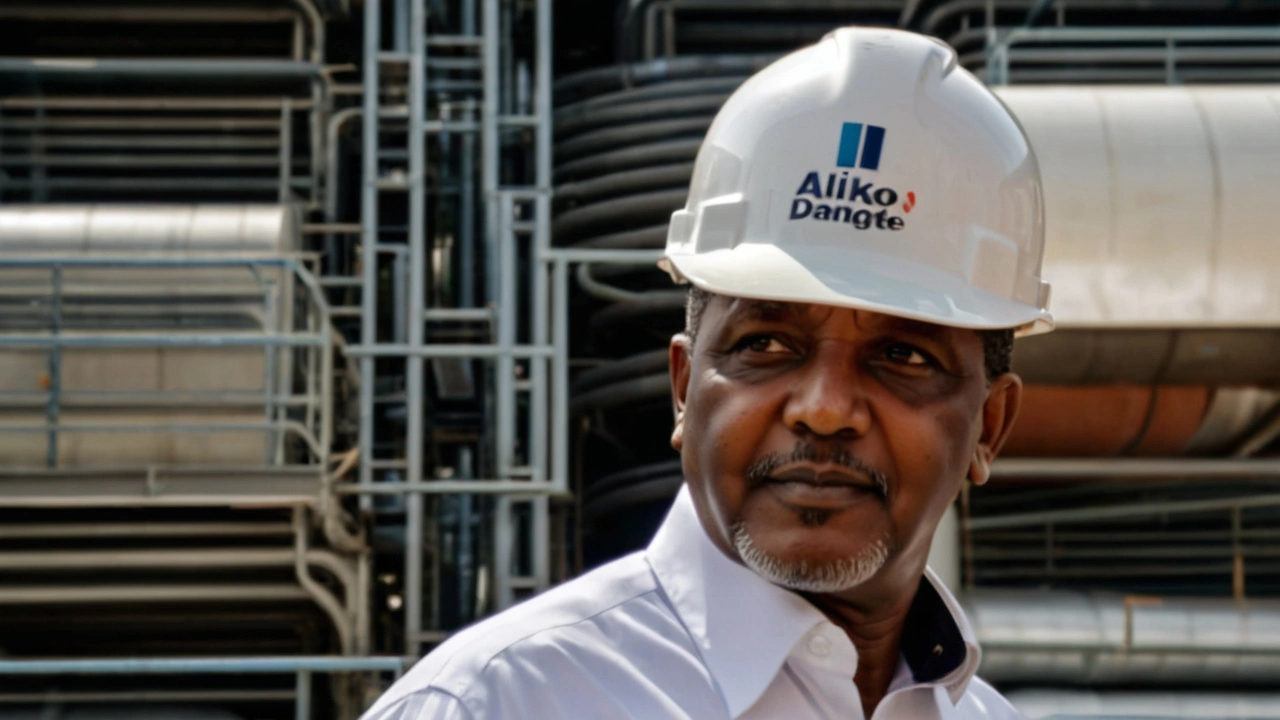
Challenges in Crude Sourcing
One of the most pressing issues confronting Dangote’s refinery is the difficulty in securing a steady supply of crude oil. Initially planning to source crude domestically, the refinery has found it challenging to do so due to constraints imposed by international oil companies operating in Nigeria. As a result, Dangote has had to look beyond Nigeria’s borders, importing crude from Brazil, the US, and other countries. This reliance on international sources has further complicated the refinery’s operations, both logistically and financially.
The significant effort and expense involved in importing crude oil have not gone unnoticed. It has drawn attention to broader issues within Nigeria’s oil industry, including policy inconsistencies and regulatory bottlenecks that make business operations challenging.
Advice Ignored
Dangote also reflected on advice from his associates who warned him against making such a vast investment in Nigeria's petroleum sector due to the inconsistent policy environment. They had cautioned that the unpredictable nature of regulatory policies could impede smooth operations. Dangote, however, chose to move forward with optimism and confidence in his vision. Today, as he grapples with these challenges, there’s a sense of vindication for those who advised caution.
The refinery's capacity to process 650,000 barrels of crude oil per day stands as a testament to Dangote’s ambition and vision for Nigeria’s oil sector. Yet, this capacity has not shielded him from the broader systemic issues ingrained in the country’s petroleum industry.
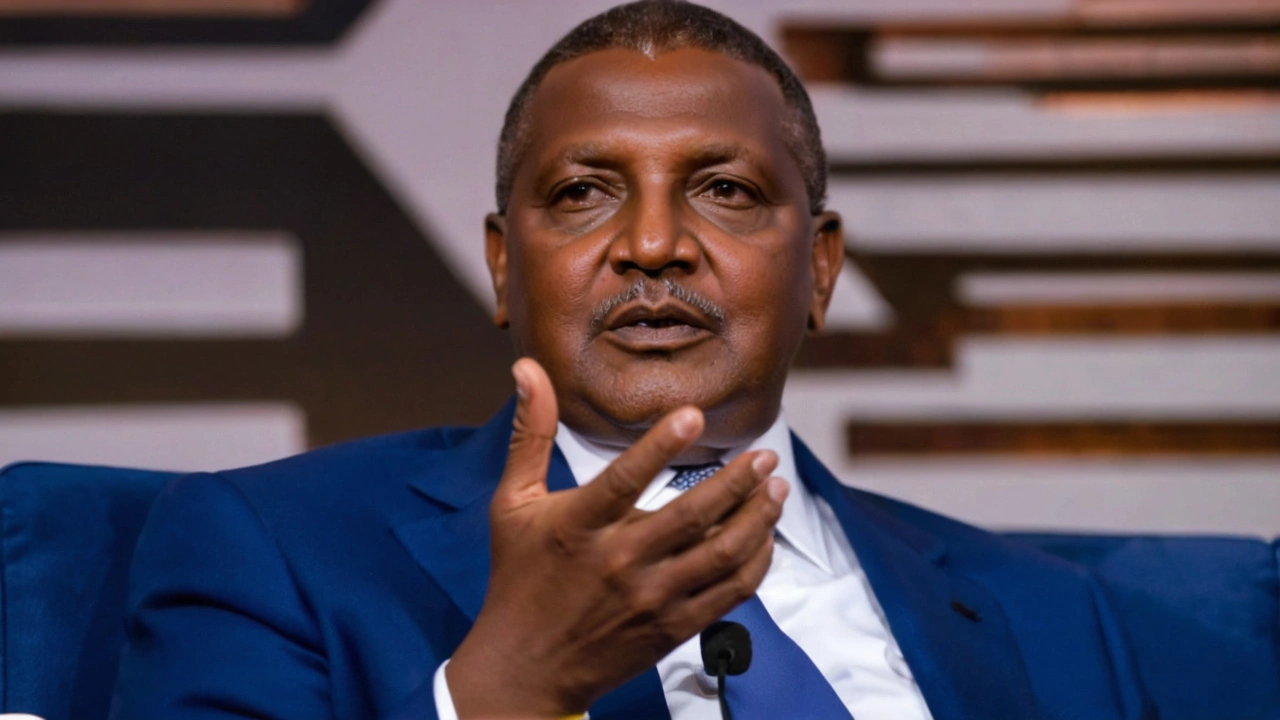
Hope for Resolution
Despite the turbulence, Dangote remains hopeful. His proposition for the NNPCL to take over the refinery is rooted in a genuine desire to see the facility contribute to Nigeria’s fuel supply while mitigating monopoly concerns. He believes that with the NNPCL at the helm, the refinery can better navigate the regulatory landscape and secure the crude necessary for uninterrupted operations.
For many Nigerians, this refinery represents a beacon of hope in addressing the long-standing fuel crisis that has plagued the country since the 1970s. Dangote’s vision is not just about personal success; it is about nation-building, creating jobs, and ensuring that Nigeria has a reliable and high-quality petroleum product supply.
The potential buy-out by the NNPCL is also reflective of broader economic strategies aimed at stabilizing and invigorating Nigeria's oil sector. By taking on such a significant asset, the NNPCL could centralize control, reduce inefficiencies, and potentially create a more streamlined supply chain.
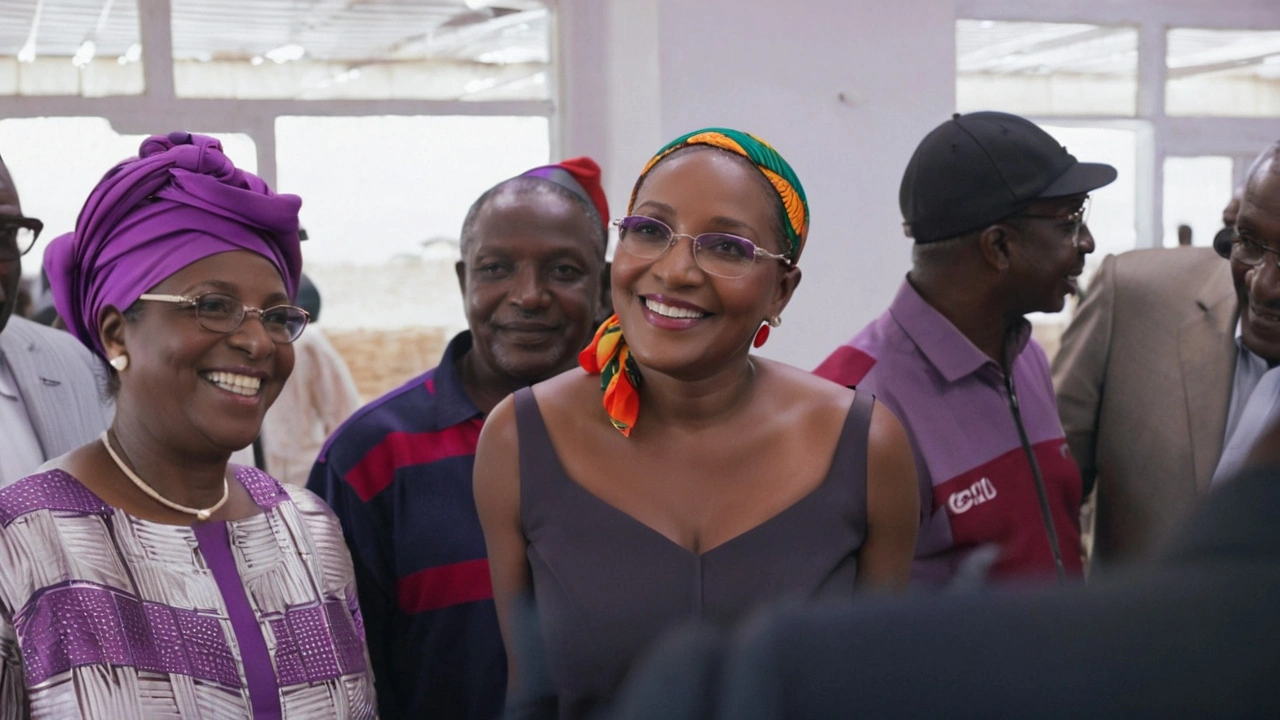
Conclusion
As this narrative unfolds, the implications for Nigeria’s oil industry are profound. It highlights the intricate interplay between private enterprise and state control, regulatory standards, and market dynamics. Whether the purchase will transpire as Dangote hopes remains to be seen. However, his offer underscores the significant challenges and opportunities that define Nigeria’s petroleum sector today.
Ultimately, the story of Dangote’s refinery is a tale of ambition, resilience, and the relentless pursuit of excellence amidst adversity. It serves as a microcosm for the broader Nigerian economy, embodying both its vast potential and the hurdles that must be overcome for true progress to be achieved.


